
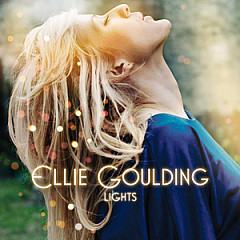
Ellie Goulding's hit song "Lights" is about her fear of the dark, which forces the singer to sleep with the lights on.
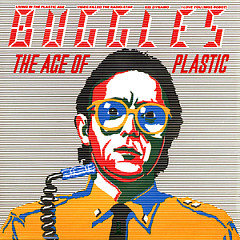
"Video Killed The Radio Star" by Buggles was the first video to air on MTV when the network started broadcasting on August 1, 1981.
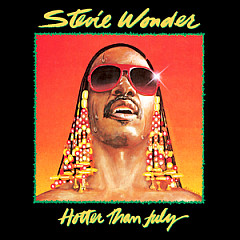
"Master Blaster (Jammin')" is Stevie Wonder's tribute to Bob Marley, released less than a year before Marley died.
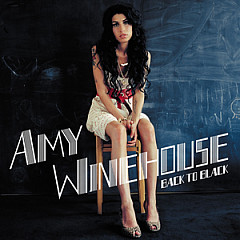
Amy Winehouse really did refuse "Rehab." She said she drank because she was lovesick, and "you can't go into rehab for that."
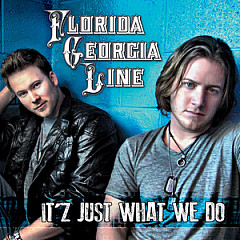
"Cruise" climbed from 6-5 on the Hot 100 in its 34th week. In doing so it set a record for the slowest ascent to the Top 5 in the chart's history, which was beaten by Imagine Dragon's "Radioactive" 42-week clamber to #4 three weeks later.

The song "Knock On Wood" was confusing to UK listeners because the saying there is "Touch Wood."

In the name of song explanation, Al talks about scoring heroin for William Burroughs, and that's not even the most shocking story in this one.

"Come On Eileen" was a colossal '80s hit, but the band - far more appreciated in their native UK than stateside - released just three albums before their split. Now, Dexys is back.
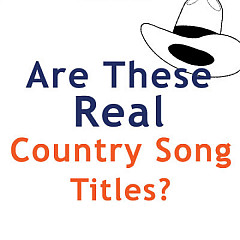
Country songs with titles so bizarre they can't possibly be real... or can they?
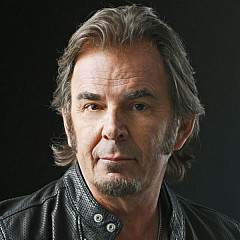
Cain talks about the divine inspirations for "Don't Stop Believin'" and "Faithfully."

If the name Citizen Dick means anything to you, there's a chance you'll get some of these right.
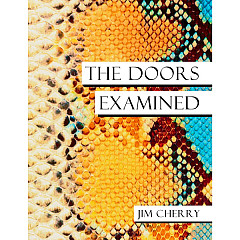
Doors expert Jim Cherry, author of The Doors Examined, talks about some of their defining songs and exposes some Jim Morrison myths.